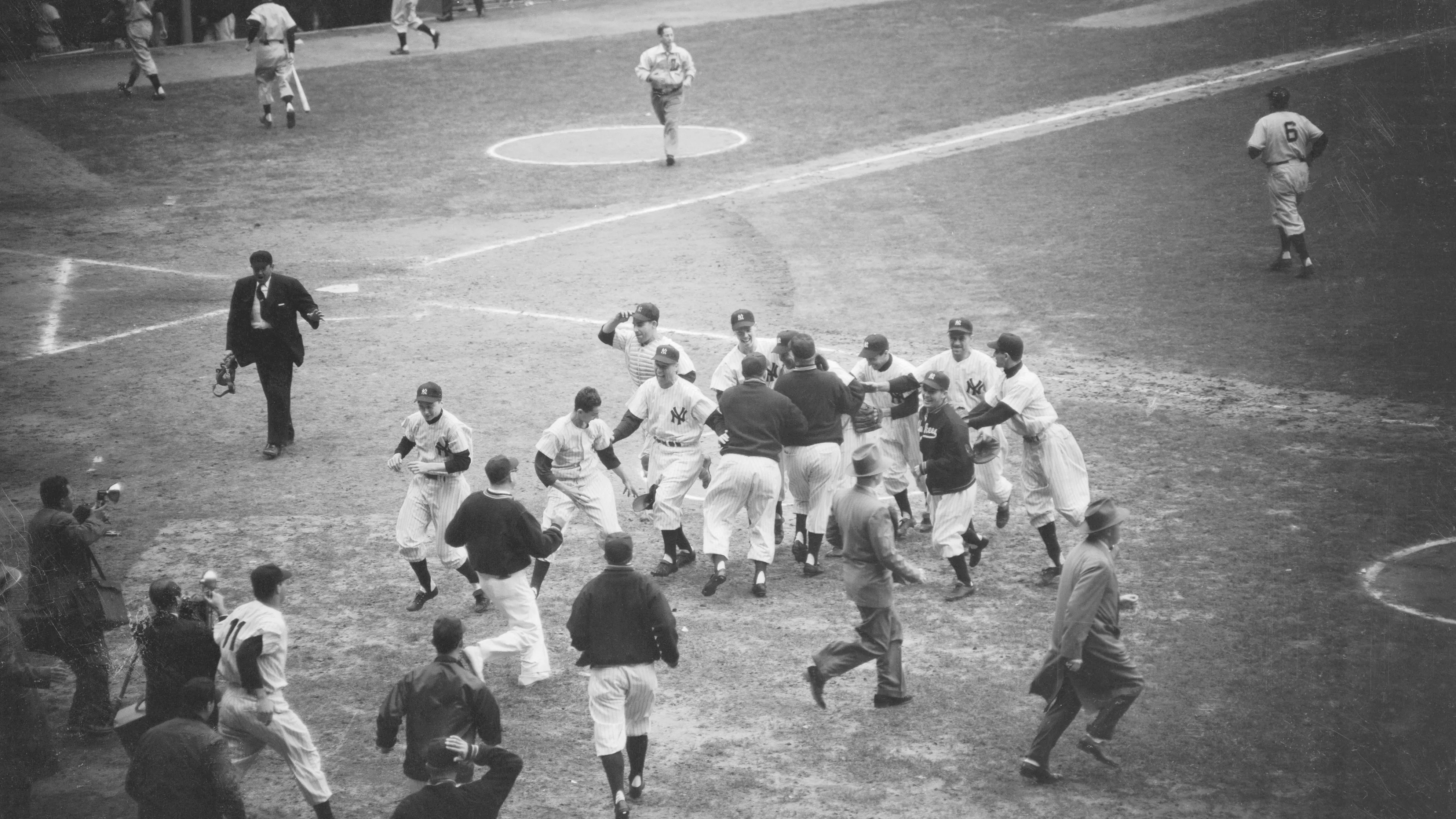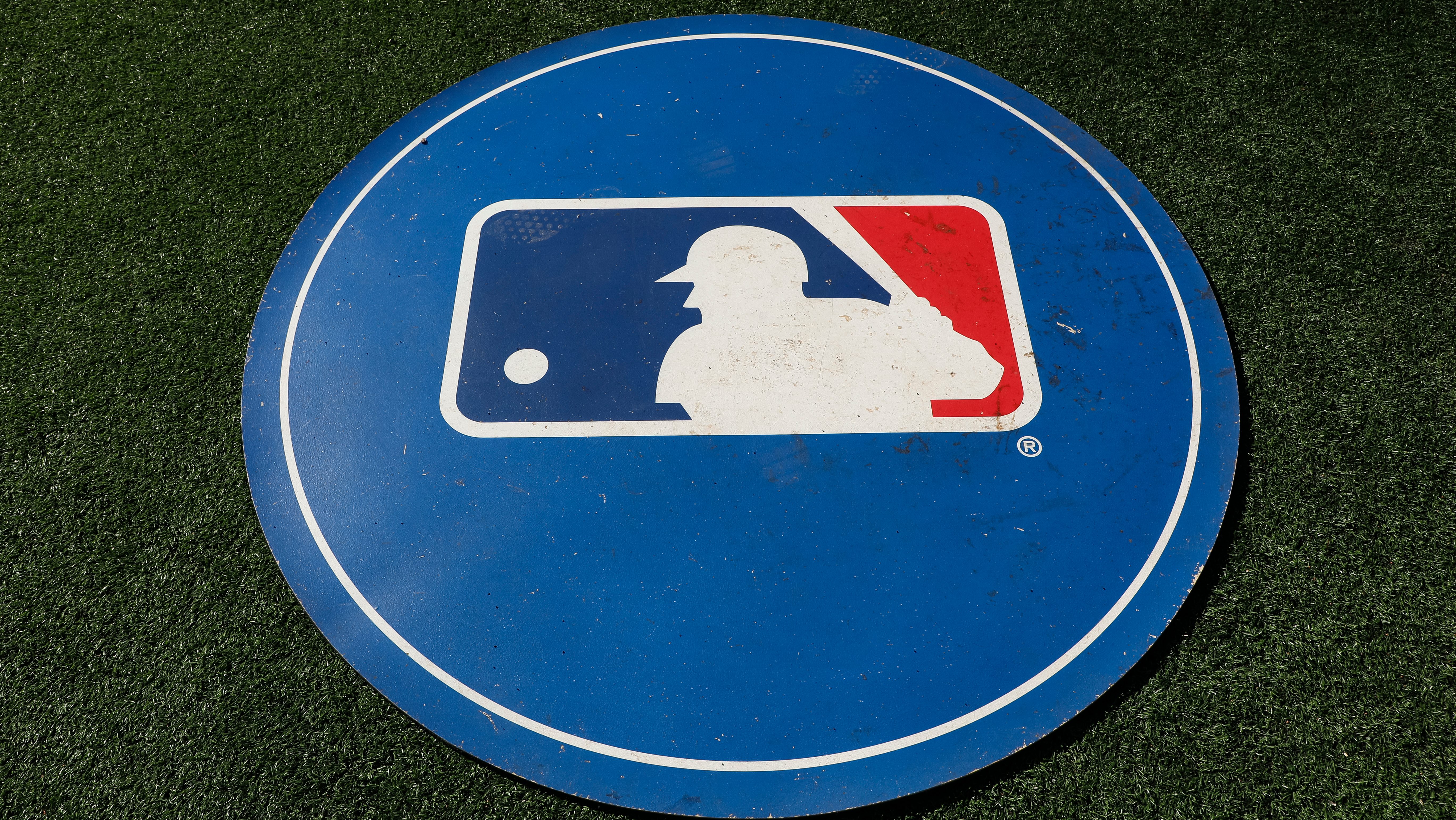Major League Baseball hasn’t had teams back on the field for even a week yet and already the Cleveland Indians banned a player from activities after somebody with the club saw a picture on social media of Franmil Reyes at a holiday party over the weekend without a mask.
The 25-year-old outfielder was allowed back into practice Wednesday following a subsequent negative test for COVID-19.
But Reyes just earned a prominent place in every clubhouse conversation over the next few weeks and months about safe practices during a pandemic — at least until the next video or picture surfaces showing a player putting himself and, by extension, teammates at risk.
That’s a conversation the Cubs already had as they convened last week.
“We all sat down and wanted to outline what’s acceptable and what’s not acceptable just in terms of safety reasons for us off the field,” Cubs left fielder Kyle Schwarber said Wednesday. “Because if one guy gets this thing, and you’re asymptomatic and you come to the field and you pass it off to other people, you give it to your teammates, their wives, their kids, grandparents, whatever it is — you don’t want that to happen.
Click to download the MyTeams App for the latest Cubs news and analysis.
“We’re going to be as safe as possible through our guidelines and take this very seriously.”
MLB
MORE: Jed Hoyer: Everyone in MLB has to take COVID-19 'equally' serious
The Cubs have taken it seriously enough to get through the first two rounds of club-wide coronavirus testing without a player testing positive — the only team, at least in the National League, without a known positive.
“There has to be a certain amount of luck involved in that, let’s be honest,” general manager Jed Hoyer acknowledged. “We’re not immune from that. And we’re going to face our challenges with that at some point. I think that’s inevitable.”
The billion-dollar question is whether behavior like Reyes’ is inevitable.
How many club-hopping knuckleheads will it take to bring down a 30-team league effort?
If we find the answer, it won’t come with a punchline.
Because this isn’t a joke. Just ask Cubs pitching coach Tommy Hottovy, who did everything right and still contracted a severe, monthlong case of COVID-19 — or ask Atlanta first baseman Freddie Freeman, who’s battling his own rough case now.
“This virus can just pop up out of nowhere and get you,” Schwarber said.
It’s why Cubs star Kris Bryant said this week he considered opting out of playing this season with a newborn at home, echoing concerns and hesitation expressed by players across baseball, from Mike Trout and Buster Posey to those who have in fact declined to play — including David Price, Felix Hernandez, Ian Desmond and Nick Markakis.
MORE: Cubs' Kris Bryant chimes in on testing concerns: 'We've got a big hill to climb'
It’s also why the Cubs have made a point to come to terms as a team — from the top of the front office down through team leadership in the clubhouse — on how seriously they’ll treat the virus and safety protocols.
On Tuesday, when first baseman Anthony Rizzo was scratched from a scrimmage because of back soreness, fill-in P.J. Higgins and the other first baseman for the game, Josh Phegley, improvised at the last-minute and shared a first-baseman’s glove.
That’s against the rules in MLB’s health and safety operations manual.
“We saw that, and it’s been addressed,” manager David Ross said. “I was assured things were sanitized.
“We talked about it.”
That’s just one of countless examples of the micro-challenges players face as they try to perform their most familiar acts on and around a baseball field under conditions that are surreal at best.
And as much stress and anxiety as that already has involved for players — in no small part to MLB’s failures to handle its in-house testing schedule the past week — it figures to increase exponentially when teams start traveling.
And the knucklehead count starts in earnest.
“You can’t hold these guys’ hands. They’re grown men,” Ross said. “But I know this group is a professional group. They understand we’re here to do a job.
“For us to succeed and win, we’re going to have to follow some criteria, and we’re not going to be able to go out to bars. That puts our teammates at risk. That puts people’s family members at risk. We have high-risk teammates; we have guys with high-risk family members at home.
“That would be an extremely selfish move on their part, and I think they understand that.”
Jason Heyward said that’s the benefit of having a veteran team with a group that has been together for years. Bryant said he wants to set an example and be a role model for safe practices. Schwarber said if baseball pulls this off, it can be a role model for the country.
But as everyone involved acknowledges, the league’s effort will only be as strong as its weakest link.
That’s why the Cubs — at least so far — have taken all the uncomfortable new rules so seriously, Schwarber said, “knowing that we can do something special here and we’re going to need every single guy in it at the end of the day. And we’re not going to take any unnecessary risks to put ourselves in jeopardy.”


